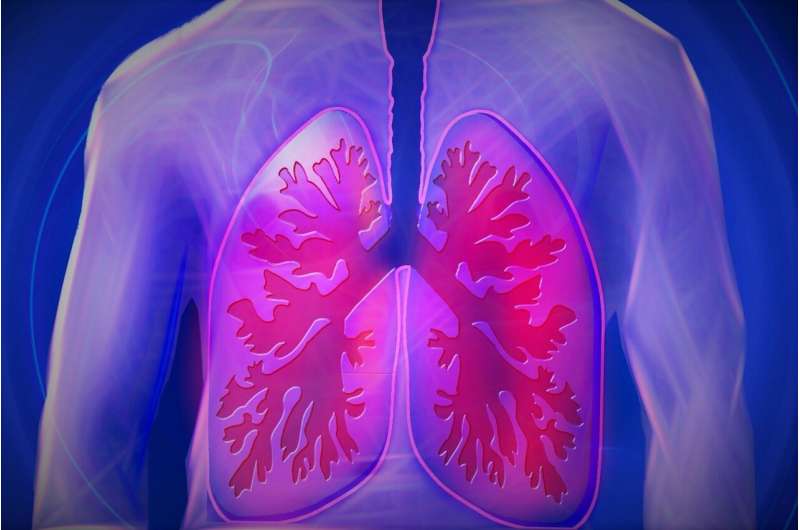Emerging Tuberculosis Case Raises Public Health Concerns in Northern California

A recent case of contagious tuberculosis at a popular California casino has prompted health officials to conduct contact tracing, highlighting the ongoing risk and resurgence of TB in the region. Learn about symptoms, transmission, and prevention.
In Yolo County, California, a new case of contagious tuberculosis (TB) has been identified at the popular Cache Creek Casino Resort, prompting health officials to respond with targeted contact tracing efforts. This development has raised public awareness and concern about the risk of TB transmission in the region. The individual diagnosed with active TB is currently under medical supervision, and those who had close contact or shared social spaces with the infected person are being evaluated for potential infection.
Tuberculosis, caused by bacteria, primarily affects the lungs but can also impact other organs. It spreads through airborne droplets when an infected person coughs, speaks, or sings, especially in enclosed spaces with poor ventilation. Not everyone infected with TB develops symptoms immediately; some carry latent TB without active disease, but they can still transmit the bacteria or develop active TB later.
Recent data indicates a worrying trend: TB cases are seeing a resurgence across the United States. Last year, the CDC reported over 10,300 cases, marking an 8% increase from the previous year. California reports around 2,100 cases annually, with a TB rate of 5.4 per 100,000 people—nearly double the national average. The state has experienced four recent outbreaks and ongoing clusters, highlighting the need for vigilance.
The risk factors for contracting TB include compromised immune systems, recent immigration from high-burden countries, living in crowded conditions, and frequent contact with active TB cases. People living with HIV, cancer patients, and those on immunosuppressive treatments are at higher risk.
Symptoms of active TB vary but commonly include a persistent cough lasting over three weeks, chest pain, coughing up blood, fatigue, loss of appetite, chills, fever, and night sweats. If untreated, TB can be fatal. The disease primarily spreads indoors where airflow is limited, making prolonged close contact a significant risk factor.
Prevention involves early detection through testing, especially for high-risk populations, and appropriate treatment. TB can be cured with a combination of antibiotics over several months. Vaccination with the Bacille Calmette-Guérin (BCG) vaccine is used in many countries with high TB prevalence but is not routinely administered in the U.S.
Public health authorities emphasize the importance of proactive measures such as regular screening, proper treatment, and avoiding prolonged exposure to infected individuals. While casual contact is unlikely to result in transmission, those with significant exposure should seek testing and medical advice.
Most TB cases in California originate from latent infections that could be prevented through early intervention. The ongoing efforts by local health departments aim to reduce TB incidence, improve treatment outcomes, and protect community health.
Source: https://medicalxpress.com/news/2025-08-tuberculosis-case-northern-california.html
Stay Updated with Mia's Feed
Get the latest health & wellness insights delivered straight to your inbox.
Related Articles
Heart Scarring in Older Endurance Athletes Linked to Increased Risk of Dangerous Arrhythmias
A study in *Circulation* reveals that older endurance athletes may develop heart scarring linked to dangerous arrhythmias, increasing their risk of sudden cardiac death. Early detection through advanced imaging is crucial for safety.
Disproportionate Gun Injury Risks Among Children in Low-Opportunity Neighborhoods
Children in under-resourced neighborhoods face up to 20 times higher risk of gun injuries, highlighting the need for targeted prevention and policy measures to protect youth.
High Prevalence of Diaper Insecurity in Urban Pediatric Populations
A new study finds that 41% of children in urban health centers experience diaper insecurity, highlighting links to social determinants and health outcomes.



